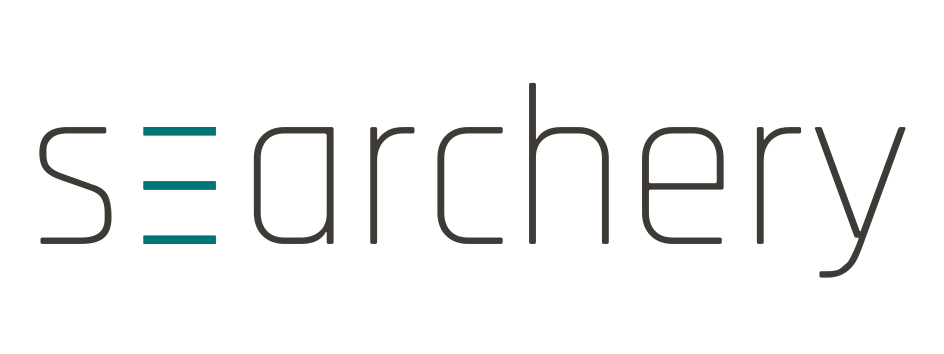Chemicals
Chemistry is the element of our future. Leaders who shape the future develop sustainable progress.

Challenges in the Chemical Industry
The chemical industry is undergoing a dynamic transformation, driven by sustainability, digitalization and geopolitical challenges. Companies are increasingly investing in alternative energy sources, the circular economy and technological innovations to reduce their environmental footprint and remain competitive.
More about the challenges in the Chemical Industry
Sustainability: With growing awareness of climate change and the urgency of a more sustainable energy supply, chemical companies are increasingly looking for alternative energy sources and are committed to reducing their carbon emissions. There is a lot of investment in the decarbonization of production and logistics to create more sustainable solutions.
Sustainable finance: Investors and financial institutions are increasingly taking sustainability and ESG criteria into account when making investment decisions. This increases the demand for renewable energy in the chemical industry.
Geopolitical risks: Ensuring security of supply, production capacity and logistics is of great importance as the industry relies on reliable access to raw materials and energy. Rising costs affect the competitiveness of the chemical industry.
Technological progress: new technologies enable the use of renewable energies and contribute to increased efficiency. The chemical industry is developing innovative solutions for more sustainable production processes and materials. Hydrogen is considered a promising alternative to fossil fuels. Companies investing in the development of hydrogen applications play an important role in the decarbonisation of production.
Digitalization: The digitalization of production processes and supply chains, as well as the development of digital business models, are at the forefront.
Supply chain: In addition, material cycles are being closed to establish a circular economy. The circular economy aims to minimise resource consumption and environmental impacts by keeping products and materials in a closed loop throughout their entire life cycle. Chemical substances, materials and products are designed, manufactured and controlled so that they can be reused, recycled or otherwise recovered.
Collaboration: Effective implementation of the circular economy requires close collaboration between suppliers, manufacturers, distributors and end users along the entire supply chain.

Need for Action for Leaders
In recent years, leaders in the chemical industry have faced the complex challenge of simultaneously managing geopolitical shifts in sales markets, risks in supply chains and in production in existing business with existing technologies, while at the same time driving forward the orientation towards new technologies, the digitalization of operations and the development of a circular economy.
More on the need for action by leaders
This ambidextrous approach is the new norm. In terms of strategic direction, this means anticipating disruptions and constantly weighing up priorities while assessing opportunities and risks. With the right personality traits and a new set of leadership competences, managers will continuously align their companies for a successful future, ensure competitiveness and profitability, develop a corporate culture that is attractive to employees and talent, promotes collaboration and is able to respond quickly to change. In addition, more women need to be encouraged to study STEM subjects and develop profitably in companies, and diverse leadership teams need to be built.
Searchery fills management positions (Executive & Professionals) in the chemical industry with the leadership competences needed to successfully align the company for the future in this dynamic environment. Searchery supports both administrative functions and technology-driven business units in the search and selection of suitable leaders and talents. The Searchery FutureProof Leadership Design Competence Framework is also used in strategic workforce planning and development, for example in setting up talent programmes or in assessing and developing leaders. Individual diagnostic assessments and management audits are conducted by psychologists using scientifically based diagnostic procedures and supplemented by a competence selection. In addition, Searchery has expertise in building a diverse corporate culture in the chemical industry. This is achieved through both external recruiting and internal programmes with targeted measures along the entire employee journey.


Contact us

Philine Cremer
Partner, Düsseldorf

Nina Maywald
Partner, München

Henrike Simon
Associate Partner, München
Our Functions

About us
Searchery is a young Executive Search Consultancy with mandates and projects at both listed and medium-sized companies as well as international start-ups and scale-ups.
Our focus is on executives who shape change in today’s changed corporate and leadership context with future-oriented competence profiles.
